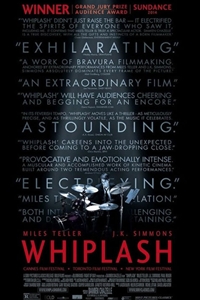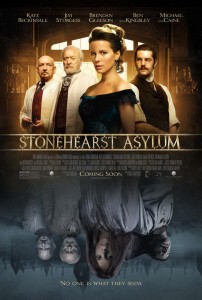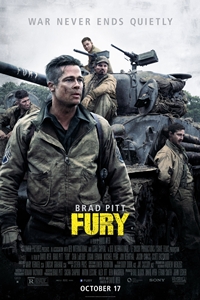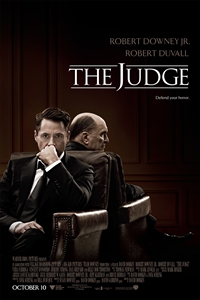
Whiplash
Dir: Damien Chazelle
Starring: Miles Teller, J.K. Simmons, Melissa Benoist, and Paul Reiser
106 Minutes Rated R
By Monte Yazzie of TheCodaFilms
Names like Miles Davis, Art Tatum, John Coltrane, and Charles Mingus introduced me to the world of jazz music. “The Monster” by Gene Krupa and Buddy Rich, two of the best jazz drummers of all time, was the song that enlightened my ears towards percussion lead jazz music. Buddy Rich's solo in “The Monster” is something impressive, just like director Damien Chazelle’s film “Whiplash”. The fitting title describes in more ways than one the tonal quality of the film, which is harsh, unexpected, and at moments painful. Lead by impressive performances from both Miles Teller and J.K. Simmons, Chazelle has crafted a standout film.
Andrew Neyman (Teller) is an aspiring student at a prestigious east coast music conservatory. He is introduced playing his instrument of choice, the drums. Andrew is a first year student, relinquished to turning sheet music for older students and practicing countless hours in wait for his opportunity to showcase his skill. Opportunity ferociously comes in the form of Terence Fletcher (Simmons), an abrasive instructor of the top jazz ensemble at the school who utilizes terrifying methods of education. Fletcher sees potential in Andrew and challenges him through vehement verbal abuse and all-around intimidation. Andrew, wanting to be the best, becomes obsessed in the search for perfection.
How do we motivate each other? Positive reinforcement or a supportive word of encouragement are two ways? If kindness and heartfelt sentiments, amid a swell of uplifting music, are what you are looking for in ‘Whiplash”, then you may have watched the wrong trailer because the closest you’ll come to any of those qualities would be heartfelt sentiments…meaning obscenity laced shouting from the heart and felt forcefully across the face with a slap sentiments. J.K. Simmons gives R. Lee Ermey’s “Full Metal Jacket” character, Sergeant Hartman, a run for his money as the vicious, some may utilize bullying, instructor Terence Fletcher. With motivations that are never fully explained or completely identified, the viewer is left to examine the critical methods of abuse for purpose. Is a certain amount of unrelenting push needed to reveal potential? Or is it simply the flawed shortcomings of a miserable man? These questions prove an interesting dichotomy when matched against a character, Andrew, whose talents boast unmatched potential but whose character also craves acceptance and reward. Chazelle handles this aspect exceptionally in many of the scenes between the two figures.
Miles Teller continues to impress. His performance displays the progression of his characters consuming obsession. Practicing to the extent of bleeding and cutting off relationships before they have chance to develop. Andrew wants to be remembered as one the greats, which he points out aggressively in one scene during dinner with friends and family. Chazelle does a fantastic job of playing Fletcher and Andrew off against each other; the tension is near unbearable in parts. Even before we see Fletcher in full profanity laden, homophobic and racially charged assault, the viewer is offered acknowledgement of his control through a scene that shows his intimidation by the expressions of a class full of students who stand with heads down in silent fear and anticipation. J.K. Simmons is terrifying and fantastic.
Familiar themes are present however, where other films would offer predictable setups and conclusions, “Whiplash” keeps an unstable narrative tone. Though conventions inevitable take over and the abuse becomes so over-the-top it feels far-fetched, Chazelle still maneuvers the film with skillful guidance accompanied by exceptional performances, making “Whiplash” as bold and confident as the jazz music that supports it.
Monte’s Rating 4.50 out of 5.00

 Stonehearst Asylum
Stonehearst Asylum
 John Wick
John Wick
 23 Blast
23 Blast
 St. Vincent
St. Vincent
 Fury
Fury
 Men, Women & Children
Men, Women & Children
 Art and Craft
Art and Craft
 Rudderless
Rudderless
 Pride
Pride
 The Judge
The Judge
 The Judge
The Judge
 Kill the Messenger
Kill the Messenger








